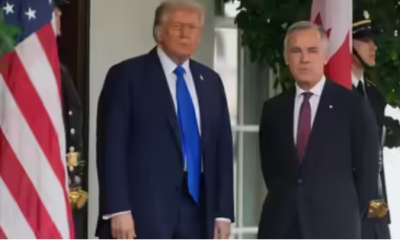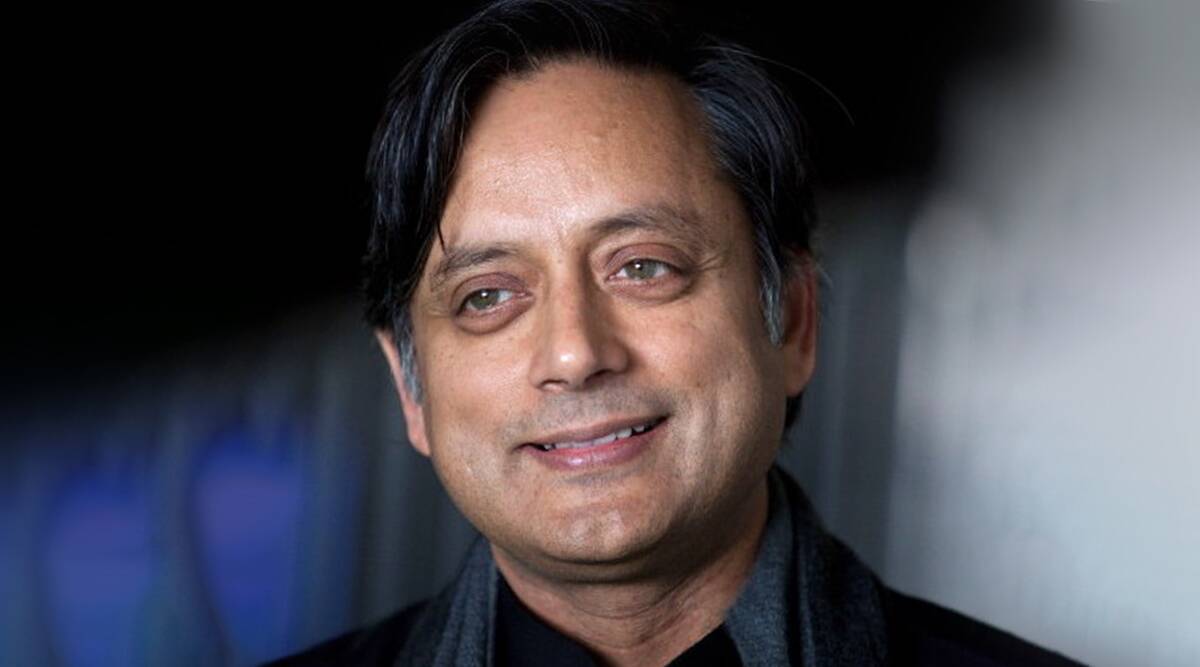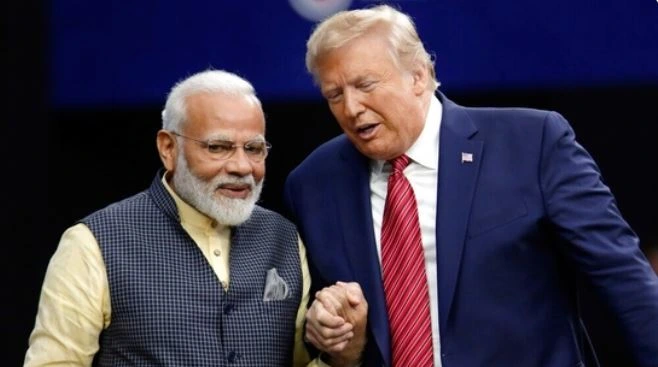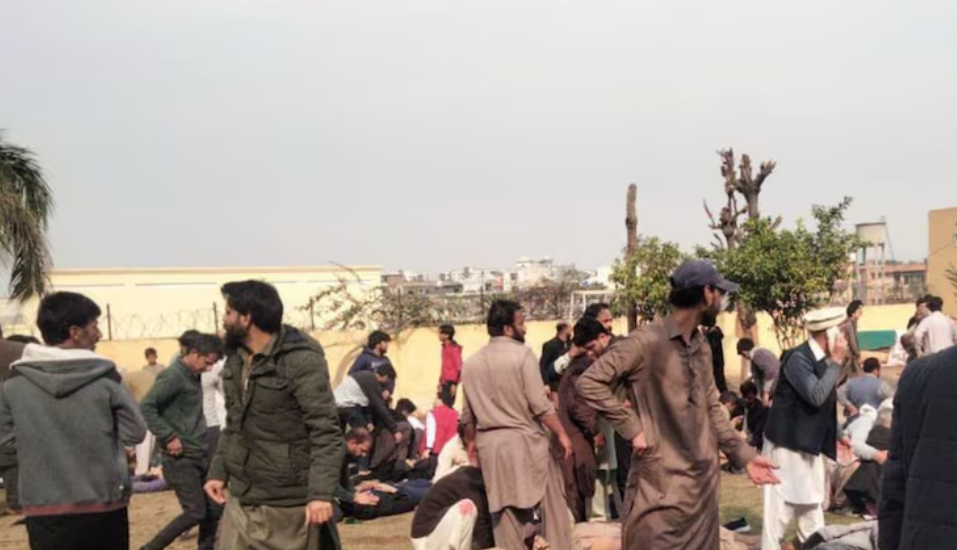Latest world news
Trump’s son confirms meeting with Russian lawyer
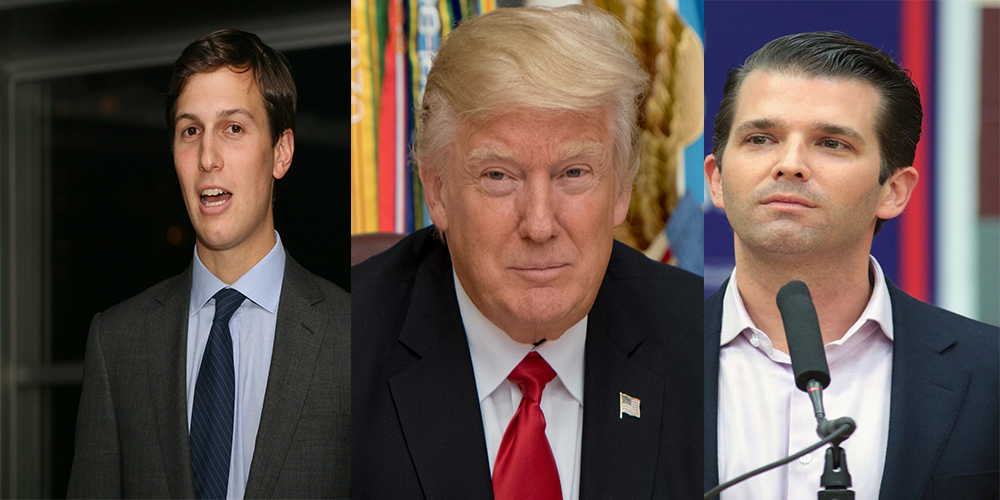
Latest world news
PM Modi thanks President Trump, says India-US trade framework reflects strong partnership
PM Modi said the India-US interim trade framework reflects growing trust between the two countries and offers tariff relief and new opportunities for Indian exporters.
Latest world news
Suicide bombing at Islamabad imambargah kills 69, over 160 injured
At least 69 people were killed after a suicide bomber detonated explosives at a Shia shrine in Islamabad’s Shehzad Town area, triggering a city-wide emergency.
Latest world news
Suicide bombing at Islamabad shrine kills 10, over 20 injured
A suicide bombing at a Shia shrine in Islamabad’s Shehzad Town area killed at least 10 people and injured over 20, prompting a city-wide emergency.
-

 Latest world news21 hours ago
Latest world news21 hours agoSuicide bombing at Islamabad shrine kills 10, over 20 injured
-

 Cricket news21 hours ago
Cricket news21 hours agoVaibhav Suryavanshi’s record 175 puts India U19 on course for massive total in World Cup final
-

 India News22 hours ago
India News22 hours agoCentre reassures farmers as India-US trade deal nears completion
-
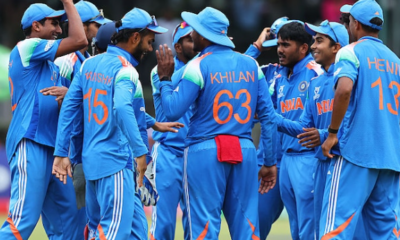
 Cricket news16 hours ago
Cricket news16 hours agoIndia wins sixth U19 World Cup title with dominant 100-run win over England
-

 Latest world news17 hours ago
Latest world news17 hours agoSuicide bombing at Islamabad imambargah kills 69, over 160 injured
-

 India News3 hours ago
India News3 hours agoTrump lifts additional 25% tariff on India after deal on Russian oil imports
-
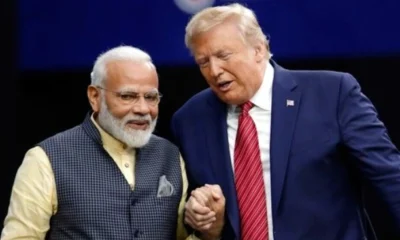
 Latest world news55 mins ago
Latest world news55 mins agoPM Modi thanks President Trump, says India-US trade framework reflects strong partnership
-

 India News45 mins ago
India News45 mins agoBJP’s Ritu Tawde set to become Mumbai mayor, Shiv Sena’s Sanjay Ghadi named deputy



